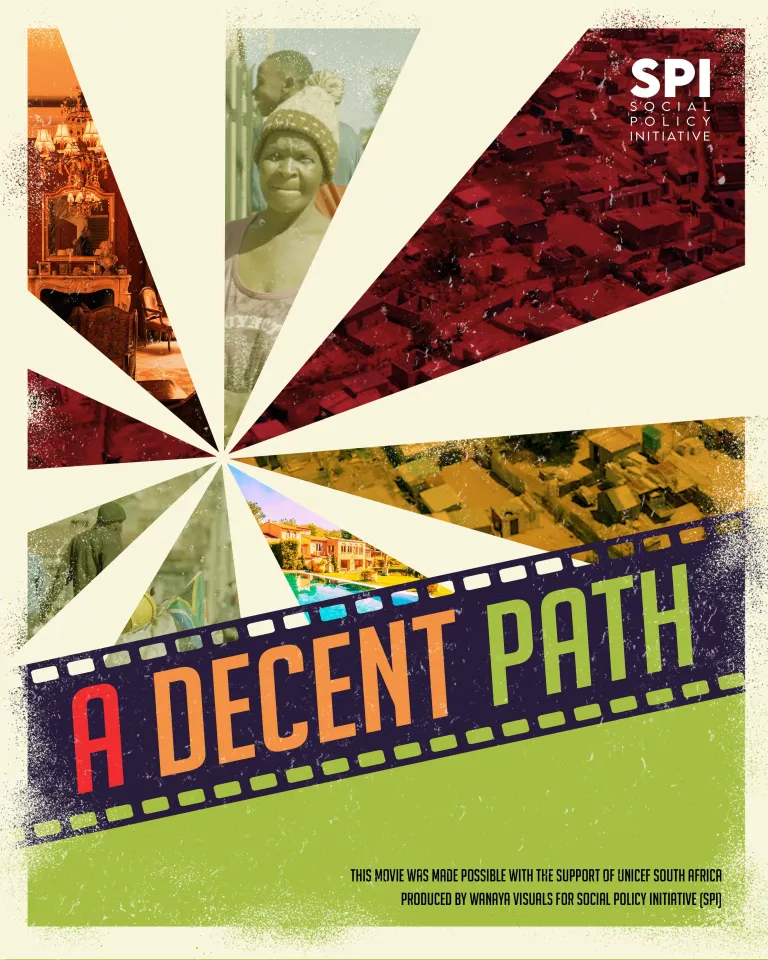
We ‘celebrate’ Women’s Day on 9 August each year in honour of the thousands of women who marched to the Union Buildings on that day in 1956 in protest against unjust apartheid laws. What would Lillian Ngoyi, Helen Joseph, Rahima Moosa and Sophia Williams De Bruyn say about the rights and livelihoods of women today?
During the first weekend of Women’s Month, Bongeka Buso killed her three children and herself in their rural Eastern Cape hut. In the words of Dr Imtiaz Sooliman, of Gift of the Givers, this tragedy was “murder and death by hunger”. According to local SAPS officers, premature deaths written off as “no foul play suspected” are not unusual in the area.
South Africa’s failure to care for our most vulnerable is well documented and daily debated across the socio-political spectrum. A plethora of both social and economic solutions are suggested, backed by expertly researched data sets.
However, the one undeniable aspect of our spiralling downward trend is that the most unspeakable effects of unemployment and poverty are suffered within female-headed households, especially in forgotten rural areas such as the place where Bongeka Buso took her last despairing stand: Better for her children to die swiftly by her hand than to starve slowly to death.
Women’s Month 2023 provides an opportunity to assess the actual conditions in which the majority of South African women live.
We “celebrate” Women’s Day on 9 August each year in honour of the thousands of women who marched to the Union Buildings on that day in 1956 in protest against unjust apartheid laws. What would Lillian Ngoyi, Helen Joseph, Rahima Moosa and Sophia Williams De Bruyn say about the rights and livelihoods of women today?
In addition to horrific rates of gender-based violence (GBV), the gender gap in unemployment and consequent poverty and hunger is startling: according to Stats SA’s latest Quarterly Labour Force Survey, 46.2% of women were in long-term unemployment compared with their male counterparts at 39.1%.
The recent Covid-19 pandemic exacerbated the difficulties in the lives of women.
The National Income Dynamics Study Coronavirus Rapid Mobile survey (known as NIDS-CRAM) conducted during Covid found a definite gendered impact of the pandemic. In the labour market, women were more likely to lose employment than men, while school closures meant that women had less time to carve out opportunities to find work because the responsibility of childcare disproportionately fell on their shoulders. Significantly NIDS-CRAM also found that rates of depression among women increased alarmingly.
However, Covid did finally push the government to swiftly implement the Social Relief of Distress (SRD) grant of R350 per month. But NIDS-CRAM found that only around 35%–39% of beneficiaries of the Covid-19 SRD recipients were women. This is mostly because of conditionalities such as the SRD not being accessible to women caregivers already receiving the Child Support Grant (CSG), even though the CSG is intended for the needs of the child and not the caregiver at all.
The researchers conclude that the pandemic caused a definite rise in gender inequality.
A Decent Path to restoring hope and agency to women.
The Social Policy Initiative (SPI) is a feminist think tank, which since its inception in 2006 has been working to understand and craft solutions to South Africa’s insupportable poverty and inequality levels. Since the outbreak of Covid-19, SPI has given priority attention to explorations which propose comprehensive social security as a human right and a necessary precursor for the right to dignity; sufficient food and water; life; and equality.

Committed to working inclusively, SPI and multi-sectoral partners have focused on the potential for a Universal Basic Income (UBI). Whatever the implementation shortcomings of the SRD grant, those experiences have reopened the field for consideration of a UBI.
SPI is working the SRD research into its analysis of the dynamic need and potential of a rights-based UBI. The UBI is a globally researched policy. In the SPI model of the UBI, a monthly cash basic income would be paid unconditionally to everyone in South Africa, without their having to meet demeaning conditions that global research has found are very costly to police. If implemented, this income would be available to every single South African, regardless of age, race, gender or earnings. SPI is advocating for a payment of R1,500 per month, using the rallying call “Bring ubuntu to life”.
This income would enable every South African adult to live at least at the upper-bound poverty line, which is currently R1,417 per month, and afford their basic needs every single month. In addition, the amount of R1,500 per month is large enough to create a multiplier effect, thus propelling economic growth and job creation.
In SPI’s soon-to-be-released documentary, A Decent Path, Hein Marais, an economist and author of an analysis of UBI in South Africa, In the Balance, emphasises that UBI is not based on a charitable model and neither is it a grant. Instead, it is envisaged as a transformative economic stimulus which introduces additional money into the economy.
International evidence from, for example, Brazil, as well as India, Kenya and Finland show that in addition to the income being spent on general living expenses, UBI payments are often used by recipients in innovative ways, for example, to start small businesses. Cash transfers are also essential to support SMMEs in poor neighbourhoods, which is a business necessity all too often overlooked by supply-side business support interventions. They also improve the mental health of the recipients, breaking cycles of depression and despair.
Read more in Daily Maverick: The high stakes of a universal basic income
The documentary includes the stories of several unemployed women who are managing to feed their families using funds from the Covid SRD of R350 per month. Some of these women pool the grants of all adults in the household, thus successfully managing extended family arrangements.
The film also documents the experiences of people who have managed to use the grant in entrepreneurial ways. For example, Thando Makhubu used the funds as startup capital to establish the Soweto Creamery, a small ice cream business that supports his family and now can employ others. Thando’s success was named by the President in the 2022 State of the Nation Address as an example of how cash transfers can transform lives.
Isobel Frye, executive director of SPI, said of the reasons for commissioning the movie: “The policy space and debate on universal basic income and the R350 grant has been dominated by technical experts, as advocates seek to win over the Treasury with numbers. We felt that it was necessary to turn this around, and let beneficiaries’ stories and views lead, with the experts following behind them. The timing was excellent as our partner Unicef was able to extend financing from the UN SDG fund.
“The stories of women and the incredible responsibility they carry for raising the nation’s children with no resources, but fierce love and determination comes through so clearly in the movie. As does the altruism as mothers spend their monies almost exclusively on their children. We would hope that women are recognised in their own right as rights holders as government once again considers the overwhelming evidence of the need and affordability of introducing an unconditional universal basic income.”
As policy adviser Dr Wiseman Magasela points out in the movie, the “haphazard” and stop-start implementation of the SRD grant demonstrates the lack of coherent social and associated economic policy in South Africa. The most likely government response to advocacy for a UBI will be budget affordability.
Dr Magasela points out that political decision-making about the absolute priorities for the wellbeing and rights of South Africans is urgent– he asks towards the end of the documentary: “Can we afford to have our people hungry?”
The case of Bongeka Buso and her three children is the glaringly dreadful answer to that question. DM
A Decent Path will be released in September 2023. Details will be available via social media: follow SPI on Facebook, Twitter/X, Instagram, LinkedIn and TikTok.
Colleen du Toit provides advisory support to civil society organisations. She honed her advocacy skills while leading two NGOs (SAGA and then CAF Southern Africa). In both these roles, Colleen participated in activist coalitions working towards a more enabling policy environment and more equitable donor/civil society relationships.
Isobel Frye is founding and executive director of the SPI. She is lead negotiator on social security reform for the community constituency at the National Economic Development and Labour Council and is a national minimum wage commissioner. She serves on various advisory and academic bodies and is a regular social policy analyst, including on the universal basic income.










